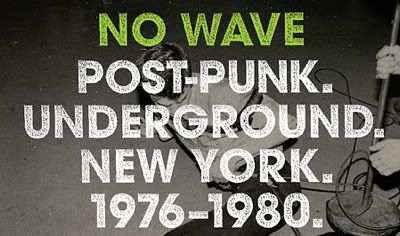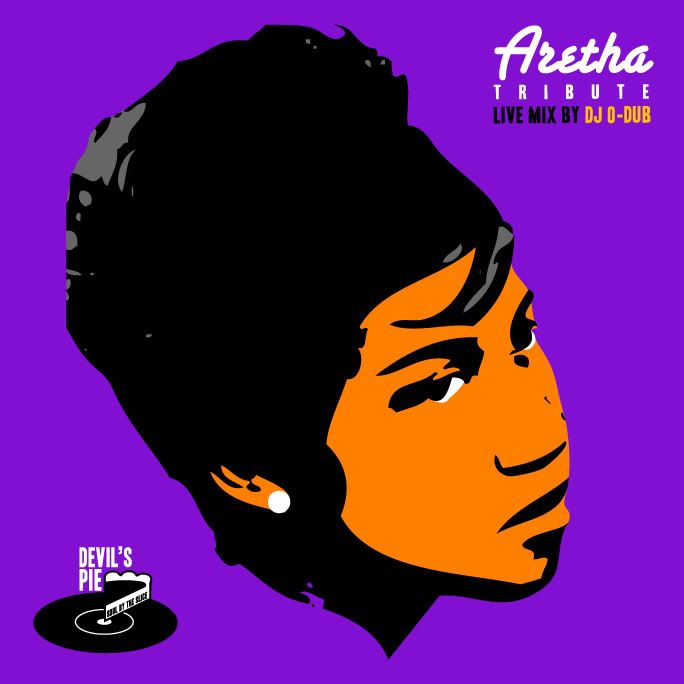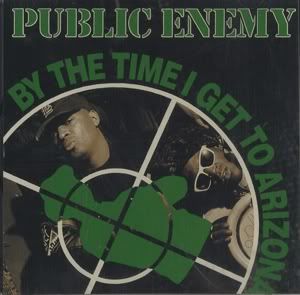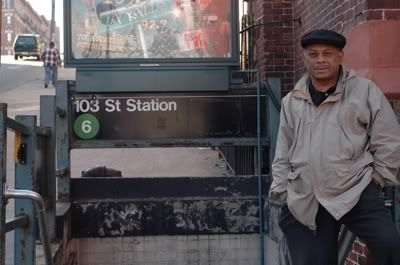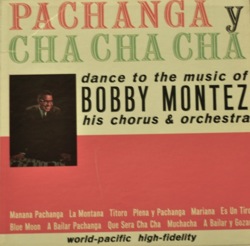
Some excellent reading on MJ's music and legacy:
Mark Anthony Neal: "That boy spent a lifetime seeking a meaningful freedom, perhaps from the tyranny of family, but later from the tyranny of celebrity. And yeah perhaps Mr. Presley, Ms. Monroe and those four British mop-tops could relate, but when that young boy was hitting his half half of them were dead—and they never had to deal with MTV and 24-hour cable networks in their prime."
Hua Hsu: "Jackson was one of the last figures of our time who could, in his very presence, describe the possibilities of pop. He wasn't just the King--he was the entire domain, the rules and regulations, the dream-horizon of the citizenry, the place where the land met the heavens. Jackson was one of the first (and last) artists whose new videos, tours and albums were actual, global events...This was the cultural history of the pre-digital age: simultaneity, mass worship, millions sitting in front of their TVs at the exact same moment. (The closest analogue now: millions around the world, sitting in front of their computers, carefully recomposing Michael's Wikipedia entry the moments after his death was made official.)"
Jeff Chang: "Long before anyone could read into Michael Jackson’s cubist, etiolated face a work of performance art, the wounds of internalized racism, or the excess of boredom and wealth, all those things that would make us either look away or gawk, there was his voice...And for that voice, he lost his childhood. Or more precisely, he gave it to us. Many of his most affecting performances were about distance and displacement, the desire to be somewhere else, the inability to return to a lost past"
Ann Powers: "I remember the inner sleeve of the Jackson 5's 1971 release "Maybe Tomorrow," one of the very first vinyl records I ever purchased. It was full of pictures of the brothers, their Afros shaped into hearts, their boyhood turned into a charm suitable for sticking onto a schoolgirl's notebook. In reality, Jackson was a black steel-mill operator's son from Indiana, no one a white accountant's daughter from Seattle would have ever met. The teen idol machine turned him into a dream friend that any girl or boy could have."
Ta-Nehisi Coates: "I remember when this came out, and all the kids who'd been lucky enough to stay up and see Friday Night Videos came to school bragging about it. You couldn't get cable in Baltimore back then. Fools were like, "Yo, every time he took a step the stones would glow! And then when he went invisible the stones kept glowing!!" We thought Mike could save us all. We hadn't heard BDP yet."
Ernest Hardy: "He was Blackness and maleness, soul music and pop culture, all forged pre-hip-hop, pre-Reagan, pre-crack, pre the implosion of short-lived Civil Rights-era idealism and hope. That’s an incalculably important point to understand the thick strands of optimism, possibility, aesthetic & political vision that ran through his work. And that makes the darkness and paranoia that marbled so much of his later work all the more heartbreaking, especially as it roughly paralleled the shifting tenor of the times. He never lost his humanitarian streak or his belief in the overall goodness of humanity, but the evolution of his own relationship to the world and his feelings about how he was treated darkened noticeably."
Hua..again: "in this moment before communication was instant and cheap, Michael was one of the most powerful access points to American culture from abroad -- his star didn't tarnish at the same rate elsewhere. Perhaps it was the wonder and magic of his music or the subversive hue of his skin that exempted him from accusations of cultural imperialism."
Jason King: "While I always felt Jackson had to dance out of the necessity of sheer ecstatic release, his younger counterparts, happy to imitate their idol, have yet to find their own original moves. Nor have any of them found a real sense of personal abandon in dance. It’s been said that Jackson did not pick up choreography easily (nor did Gene Kelly for that matter). But when he danced, he did so with fierceness, with creative risk. It was as if his life depended on it."
Greg Tate: "Michael's death was probably the most shocking celebrity curtain call of our time because he had stopped being vaguely mortal or human for us quite a while ago, had become such an implacably bizarre and abstracted tabloid creation, worlds removed from the various Michaels we had once loved so much. The unfortunate blessing of his departure is that we can now all go back to loving him as we first found him, without shame, despair, or complication. "Which Michael do you want back?" is the other real question of the hour: Over the years, we've seen him variously as our Hamlet, our Superman, our Peter Pan, our Icarus, our Fred Astaire, our Marcel Marceau, our Houdini, our Charlie Chaplin, our Scarecrow, our Peter Parker and Black Spider-Man, our Ziggy Stardust and Thin White Duke, our Little Richard redux, our Alien vs. Predator, our Elephant Man, our Great Gatsby, our Lon Chaney, our Ol' Blue Eyes, our Elvis, our Frankenstein, our ET, our Mystique, our Dark Phoenix."
Labels: in memoriam

